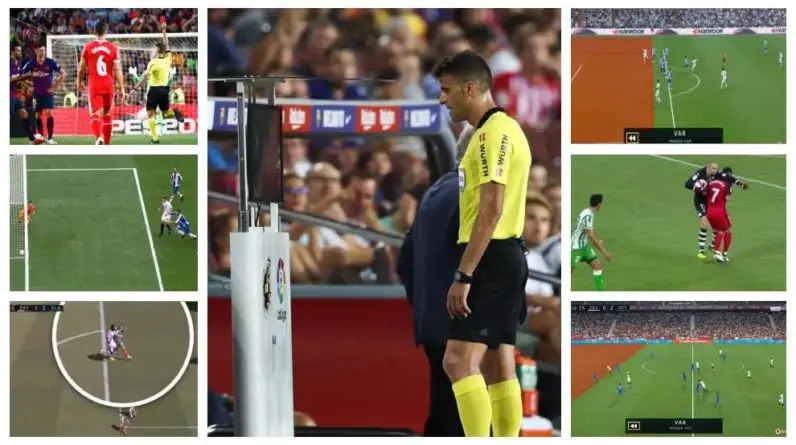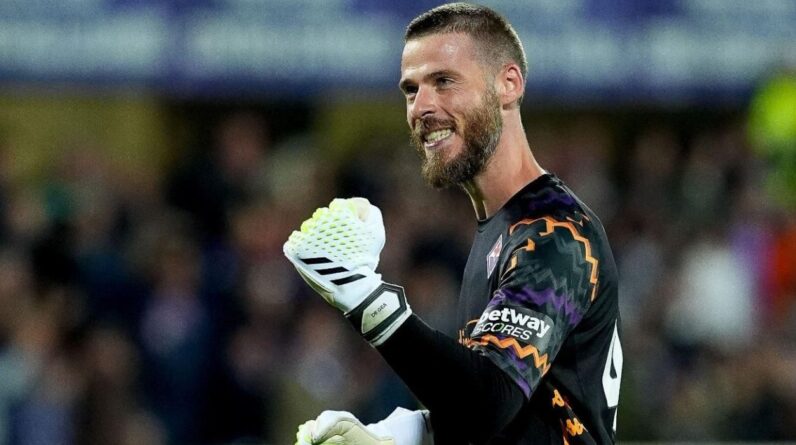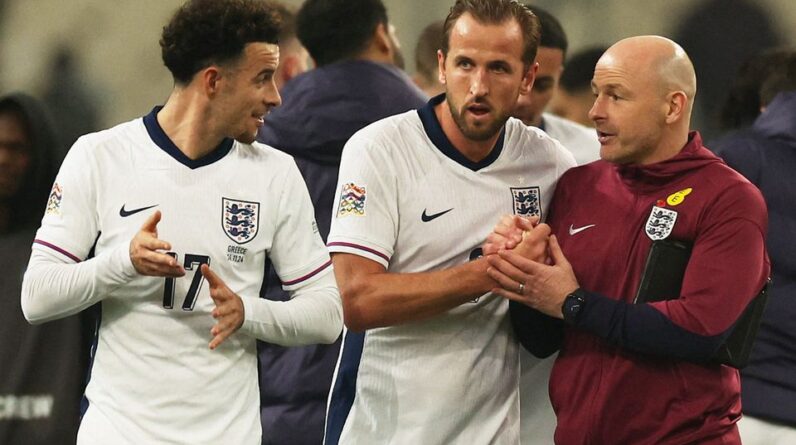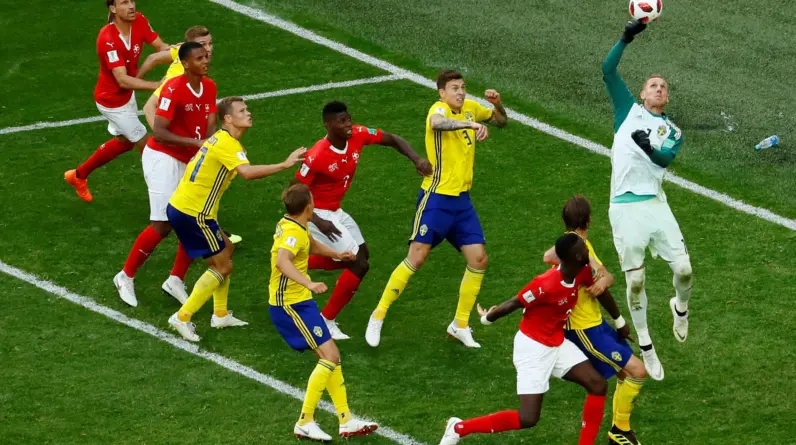
The Video Assistant Referee (VAR) system is transforming soccer, enhancing fairness and accuracy like never before. Introduced by FIFA during the 2018 World Cup, VAR aims to support on-field referees in making critical decisions, ensuring that the integrity of the game is upheld in every match.
The Mechanics of VAR: How It Works
VAR operates through a dedicated team of officials who analyze the game from a video operation room equipped with multiple camera angles. This allows them to monitor key moments in real-time. When a potential error is detected, the VAR team communicates with the on-field referee, suggesting a review if necessary. This streamlined process ensures that vital decisions are based on the most accurate information available, dramatically reducing human error.
Elevating Decision-Making Standards
One of the standout benefits of VAR is its capacity to minimize significant mistakes that could alter match outcomes, such as incorrectly disallowed goals or unjust penalty calls. By providing a safety net for referees, VAR enhances decision-making and promotes a culture of fairness and transparency within the sport.
Boosting Fairness in Soccer
VAR is not just about technology; it’s about promoting fairness on the pitch. The ability to rectify clear mistakes fosters greater trust among players, teams, and fans. This transparency is crucial in maintaining the sport’s integrity, allowing all stakeholders to feel confident that justice is being served in every match.
Navigating Controversies and Challenges
Despite its advantages, VAR has faced scrutiny. Fans often voice frustrations over lengthy review times that can disrupt the flow of the game. Furthermore, the subjective nature of certain calls, like handballs, continues to stir debate. Soccer’s governing bodies must find a balance between accuracy and maintaining the match’s rhythm to enhance the overall experience.
Impact on Player Conduct
The implementation of VAR has changed how players behave on the field. With the knowledge that their actions are closely monitored, players may be less inclined to commit fouls or simulate injuries. This accountability can lead to a more sportsmanlike atmosphere, benefiting the overall integrity of soccer.
VAR’s Role in Major Tournaments
The impact of VAR has been particularly evident during major tournaments, such as the UEFA Champions League and international competitions. High-stakes moments, such as disallowed goals or awarded penalties after VAR reviews, illustrate how the technology is shaping the future of soccer, making each match fairer and more just.
Continuous Improvement Through Training
For VAR to achieve its full potential, continuous training for officials is vital. Ensuring that referees and VAR teams are well-versed in the technology will enhance decision-making and execution under pressure. Ongoing development in training methods is essential to adapt to the evolving landscape of soccer.
A Global Trend Toward Fairness
VAR is gaining traction worldwide, with its adoption spanning domestic leagues and grassroots competitions. This global trend reflects a collective desire for enhanced fairness in the game, illustrating that the need for accurate officiating is recognized at all levels of soccer.
Collaborations for Future Enhancements
Collaboration between soccer governing bodies, technology developers, and data analysts is crucial for refining VAR. By sharing insights and experiences, stakeholders can address challenges and enhance the system’s effectiveness, ensuring it meets the sport’s evolving demands.
Conclusion: A New Era for Soccer
In summary, VAR is revolutionizing soccer by enhancing fairness and accuracy in officiating. While challenges exist, the technology’s potential to restore faith in the game and improve the overall experience for players and fans is significant. As soccer continues to embrace innovation, VAR will play an essential role in shaping a fairer, more just future for the beautiful game.






